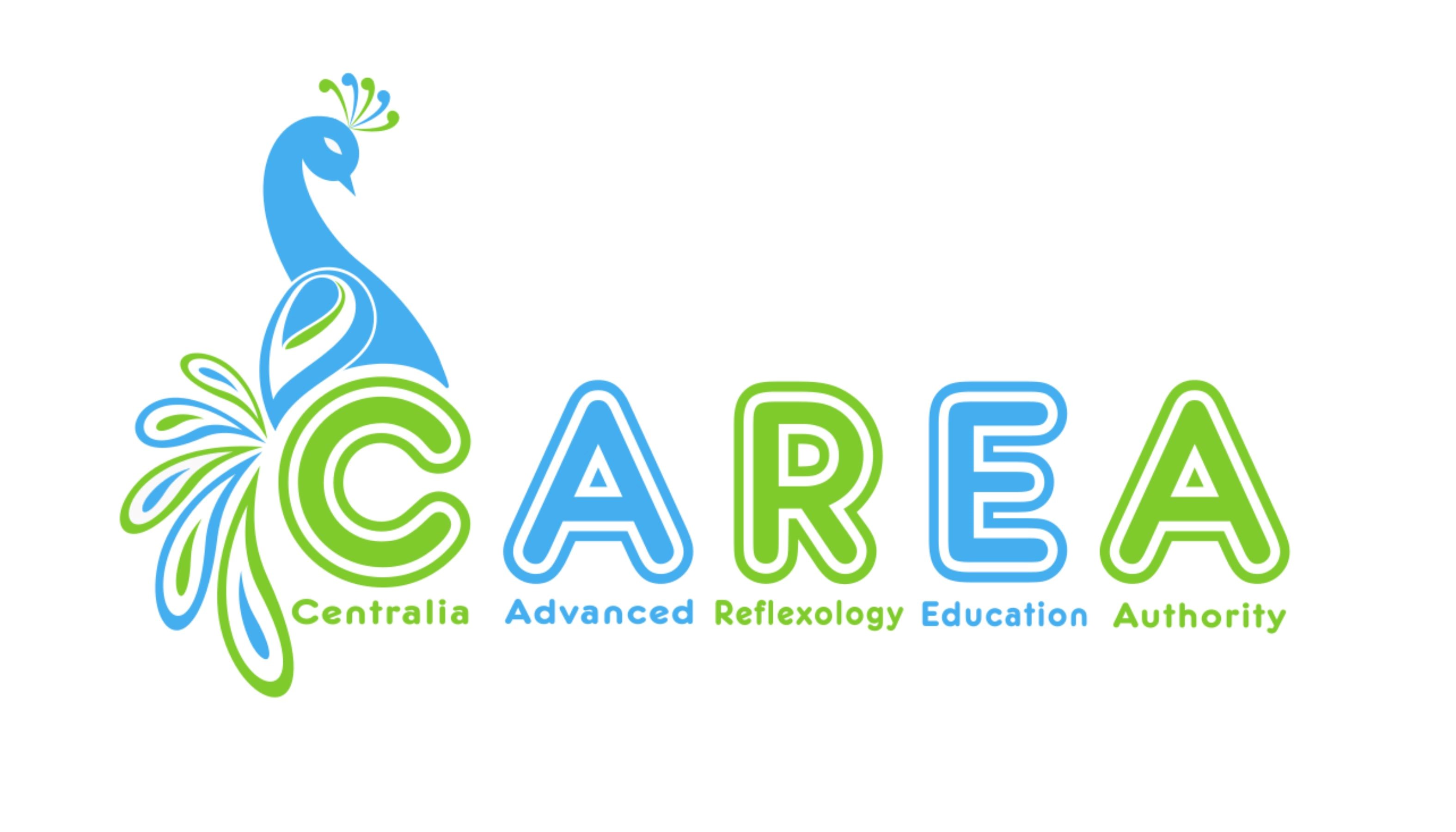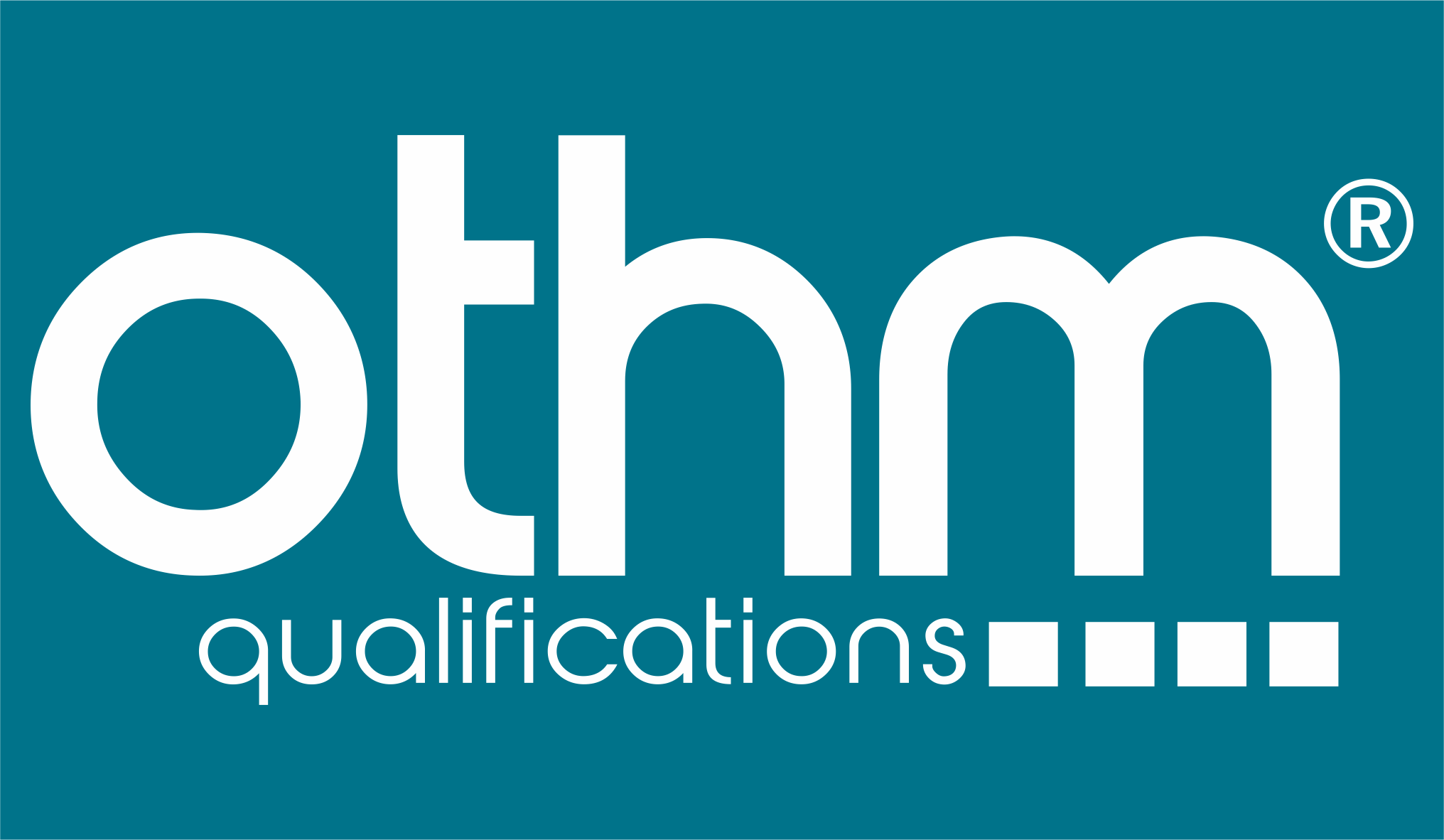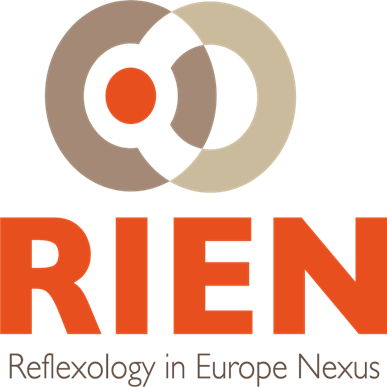Some Questions Answered:
CAREA and their Partner Centres firmly believe that students should have the choice at which level they wish to train. Centralia provide training at Level 5, but fully endorse training at Level 3 too, but for Reflexology to thrive and gain the professional recognition it deserves, the training should be properly regulated and this means there should be layers of educational and regulatory expertise and this only comes with an Awarding Organisation. Awarding Organisations are governed by National Frameworks and Skills Sector Council and are answerable to government. These layers of expertise ensure the very best education possible and protects both the people doing the training as well as the people being trained!
But ... there are reflexology courses that do not have the layers of expertise that protect you. There are many words and terms that are used that are similar, or even identical terms as the Awarding Organisation Level 3 and Level 5 courses and are copied to make them sound the same... they are not! They may say they are 'accredited' or 'awarded' or 'associated with' and this may vary from accreditation by a Professional Organisation (membership organisation) to actually no accreditation at all. They use words like 'Diploma' and 'qualification' too. Another ploy to attract students without committing to the rigour of an Awarding Organisation is to say that they 'follow' the regulatory rules! They may also say they are 'regulated' and have 'Internal Verification' and 'External Verification' and may have some procedures in place, but nothing that can replace the expertise of the Awarding Organisation and all those extra layers of protection above them. LOOK for a course with an Awarding Organisation - it will tell you what the Level is (the difficulty), whether it is a Diploma, Certificate or Award (the time taken). It will tell you what the Guided Learning Hours (GLH) are (number of hours with your teacher). It will tell you what the Total Qualification Time (TQT) is (how long to complete all the training and the assessments). It will tell you what Skills Sector it belongs to e.g. Level 3 is Health and Social Care and Level 5 is Nursing and Subjects and Vocations Allied to Medicine. It will tell you which National Framework the qualification sits under and the OTHM Level 5 Diploma in Applied Reflexology for Integrated Medicine is OfQual. There will be units and credits. If you are interested in a course and they cannot refer you to the websites of the Awarding Organisation (OTHM for Level 5 - CIBTAC, VTCT etc for Level 3) means you are interested in an unregulated course. Go the regulated route and you have all the support of a Nationally recognised qualification, any other course and at best, all the support you will have will be from your teacher and via them the membership organisation they paid to have their courses 'accredited' with.
Everyone who trains Reflexologists and all the Reflexologists who embark and then graduate from a training programme, need to hold their heads up high and be happy to be scrutinised so that they can prove that reflexology is a viable treatment. This is possible when certification 100% validates the training and will be recognised Nationally and Internationally.
The OTHM Level 5 Diploma in Applied Reflexology for Integrated Medicine Course provides:
When the leading authorities in reflexology united to produce a Core Curriculum (2006) they expected that all training establishments would teach 'core' subjects. All reflexology courses should cover these subjects as basic/foundation training, but as an outcome of educational changes (which is why the Level 5 was born) these subjects (maternity, palliative, research etc) were omitted and subsequently often only taught as Continuing Professional Development (CPD) - a very unfair situation for students as not only do they have to pay all over again, there is generally no regulation for CPD training (and being given a thumbs up by a membership body such as FHT / AoR etc., is NOT being regulated). Level 5 students cover these subjects as part of their qualification and yes, they may wish to specialise and attend CPD courses, but at least they know that as soon as they qualify, they are treating with confidence and competence. Below is a list of what we can assure all learners of when they enrol with a CAREA training course and if you are looking at any other courses, please feel free to copy the list and make sure that they can say yes to the whole list. If there is just one answer that is a no, or they cannot answer the question ... choose a different centre to train at!
Alert! Regulated qualifications are from Awarding Organisations/Bodies (for example,OTHM, City & Guilds, YMCA Awards) and the qualification will comprise of Units and Credits and there will be several departments specialising in education and its delivery ensuring that a regulated qualification is quality assured and the standards set ensure equality. There will also be a Sector for the qualification and Level 5 is under the Sector: Nursing and Subjects and Vocations Allied to Medicine and the Level 3 is under the Sector: Health and Social Care. Unregulated training may still use words to describe what they provide as a level (or equivalent to a level) diploma and qualification, but they are not regulated by anyone but themselves although you can be certain they will be using clever, but misleading marketing! A regulated Diploma shows how long it will take to complete the qualification and in ascending order of time taken they are: Award Certificate and Diploma. So the bad news is that anyone can use words like levels, units, credits, qualification, diploma and the only way you can tell if they are bona fide or not, is to check that there is an Awarding Organisation/Body and then check with the Awarding Organisation that they are regulating what you have been told! A nuisance to have to do this, but you will be glad that you did.
| OTHM LEVEL 5 DIPLOMA in APPLIED REFLEXOLOGY for INTEGRATED MEDICINE COURSE CONTENT: |
|
|
|
YES | |
|
YES | |
|
YES | |
|
YES | |
|
YES | |
|
YES | |
|
YES | |
|
YES | |
|
YES | |
|
YES | |
|
YES | |
|
YES | |
|
YES | |
|
YES | |
|
YES | |
|
YES | |
|
YES | |
|
YES | |
|
YES | |
|
YES | |
|
YES | |
|
YES | |
|
YES | |
|
YES | |
BRIDGING from one level to another: |
||
|
||
|
||
|
||
|
||
|
||
|
||
|



